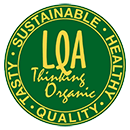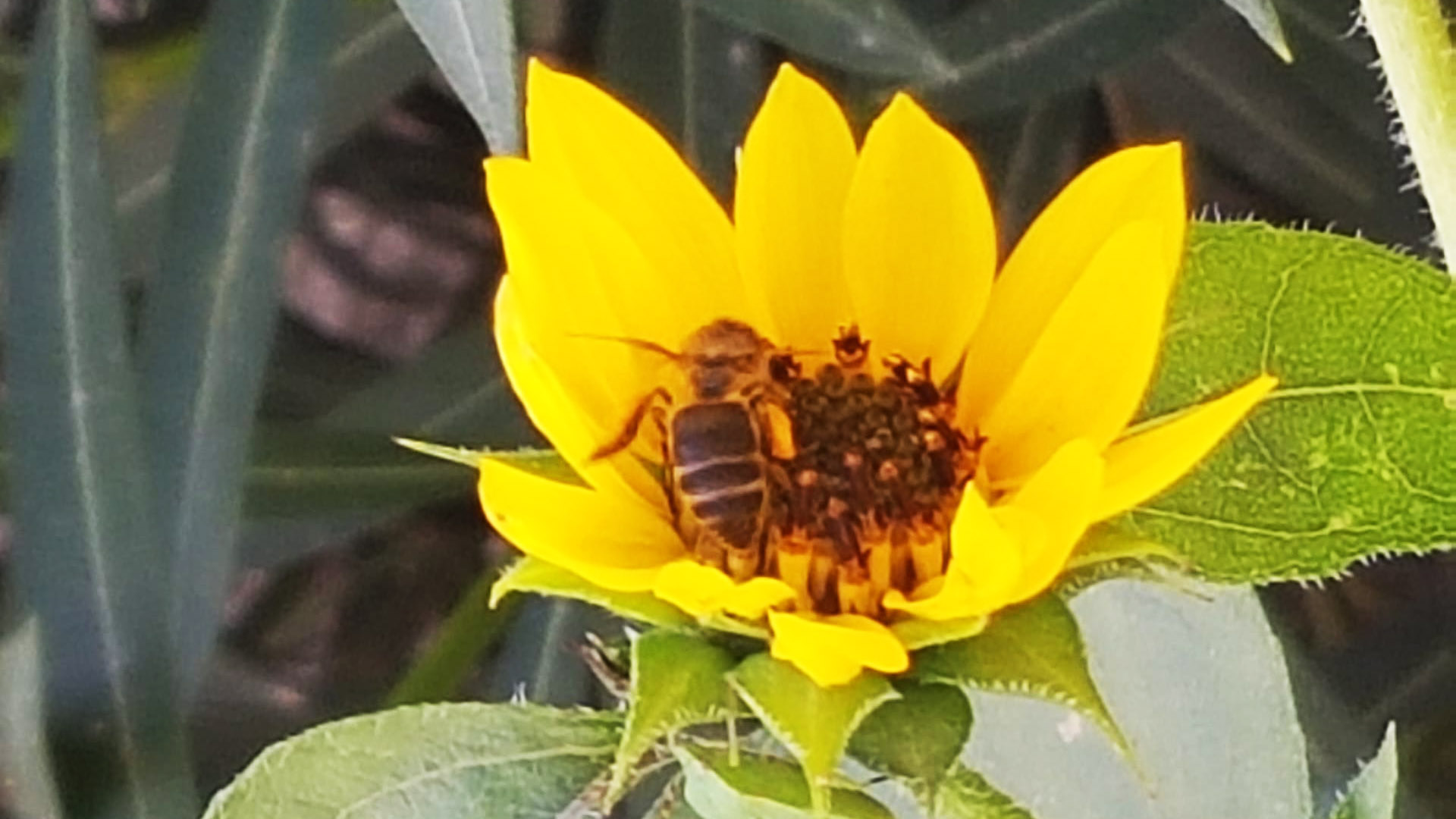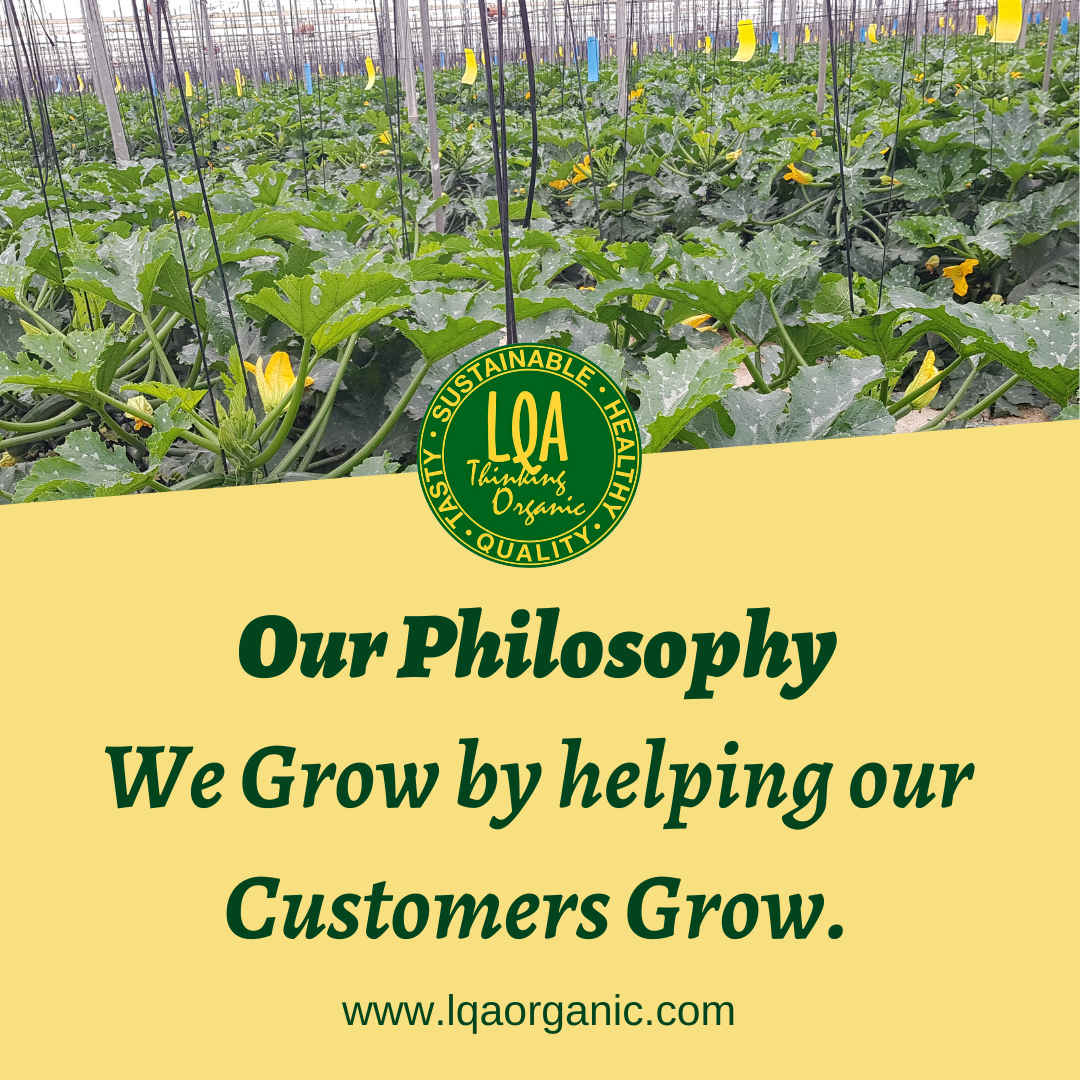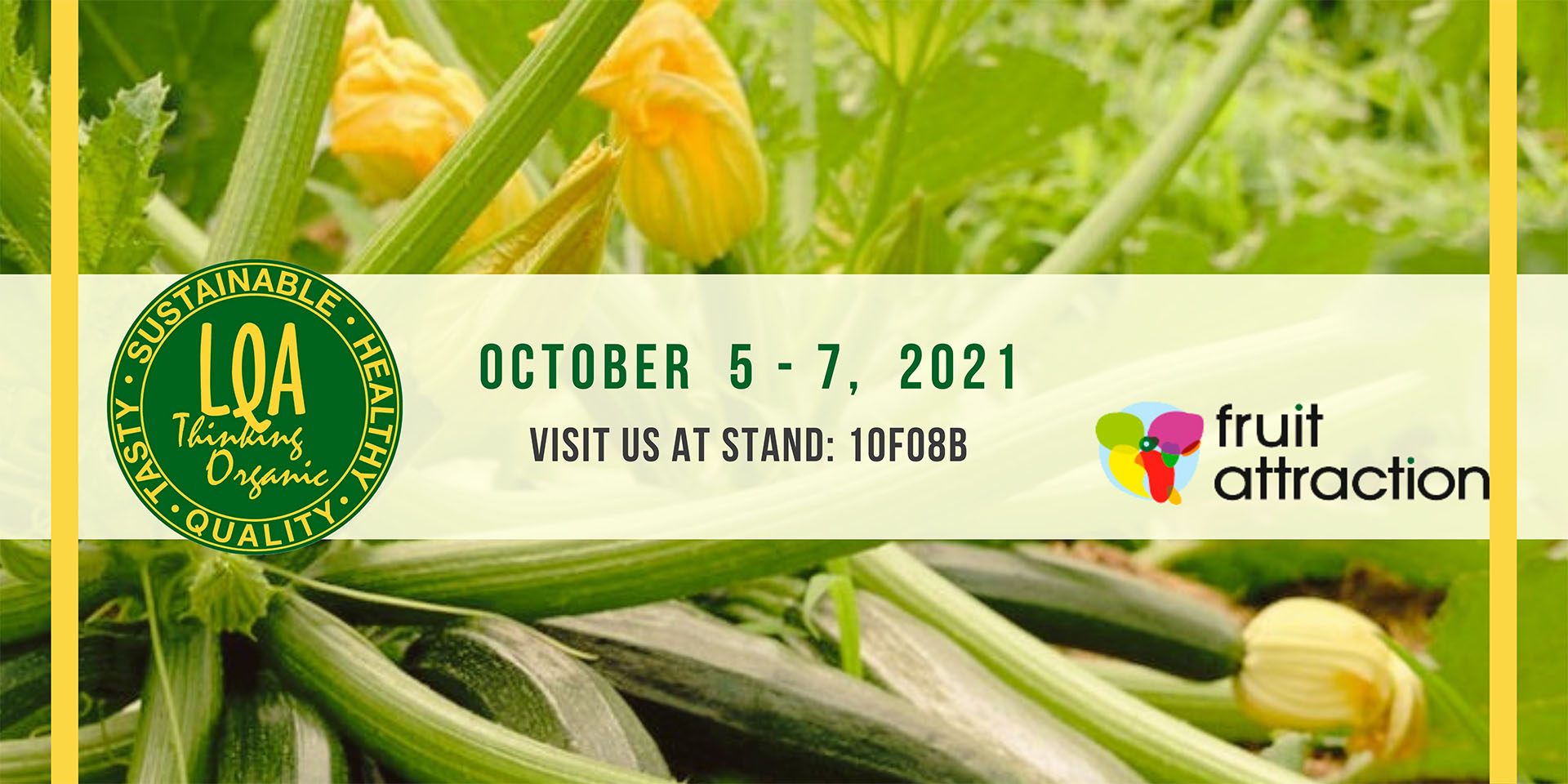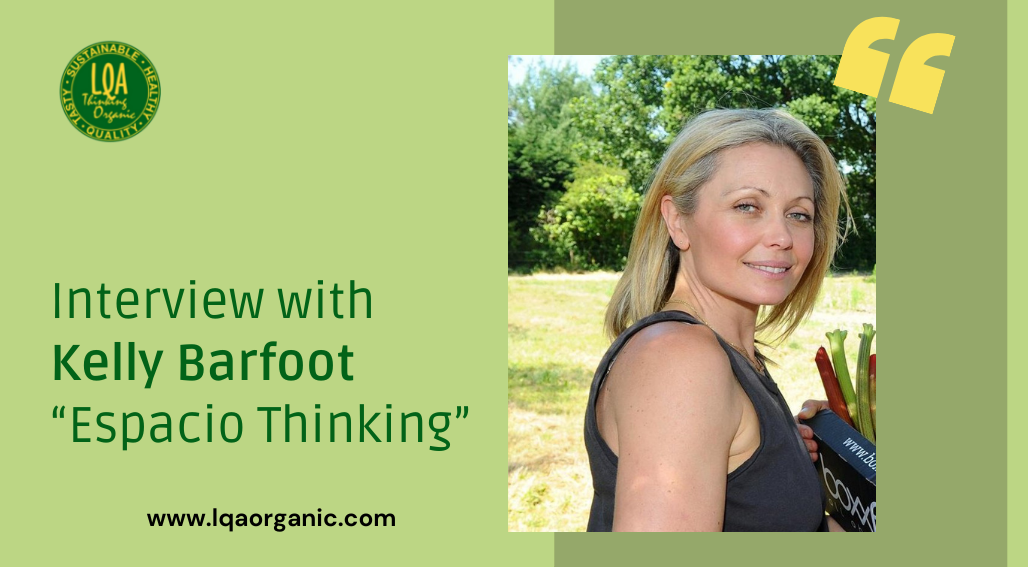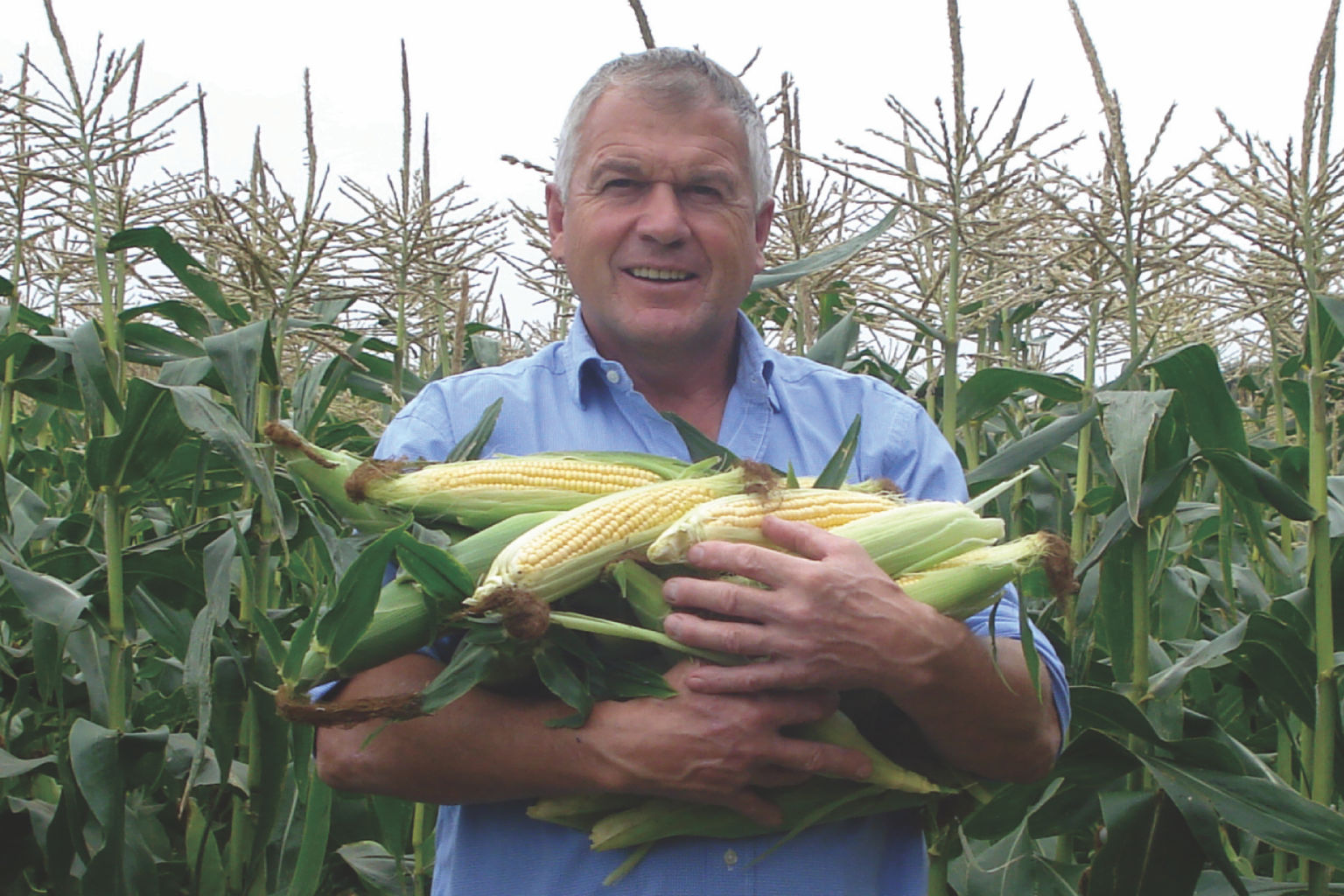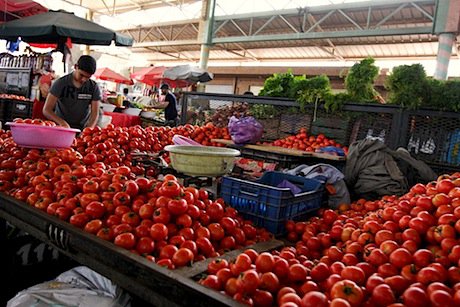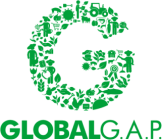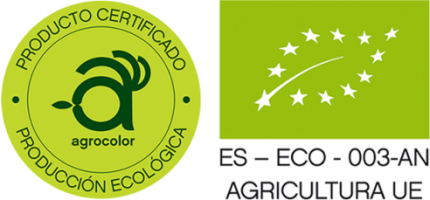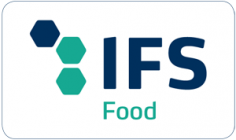The courgette which is otherwise known as Zucchini or summer squash, is a vegetable of the cucurbit family. Its provenance is not very clear; most likely it comes from what we know today as the southern US and northern Mexico. Fossils of this vegetable dating back to 8,000 BC have been found.
The Spanish Conquistadors brought it to Europe, becoming very popular in Italy and Spain for its culinary qualities.
Benefits of growing organic courgette as a covered crop
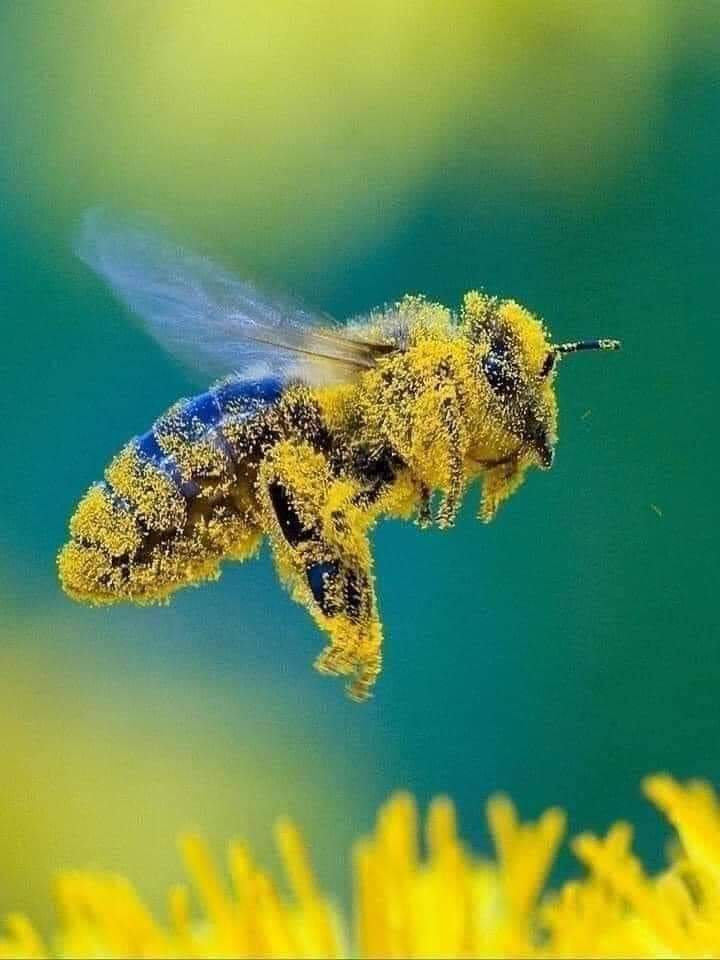
The recommended planting density normally sits around 10.000 plants /hectare but does depend on the vigour of the variety and whether it is a covered or field crop.
Crops which are produced organically have an essential need for pollinating insects with a plant biodiversity alongside the crop which attracts the largest possible number of pollinators in a natural way.
The courgette seed can be planted directly into the soil or alternatively as a seedling can be raised by plant raisers. Optimal growth is at this stage is a temperature of 18 to 25ºC.
The ideal humidity for a courgette crop is 65-80%. In Almeria we typically suffer intense days of warm easterly winds. At such moments it is of great importance to increase the humidity inside our greenhouses.
If we don’t there is a poor pistillary closure and our courgette fruits grow with deformations; generating fruit with a pointy end shape similar to that of a pencil, which is not as commercially attractive.
To benefit our crops we generate our own worm compost onsite, created from the contributions of plant and flower waste from our cultivars actually in harvest cycle, delivering a circular bio-economy which keeps our ecological footprint at an optimal level.
Through the application of precision agriculture we create an eco-intelligent system of agricultural practices, where nature and its ecosystem are an intrinsic part of our farm. In this way we are one of the largest CO2 sinks on the planet, each hectare of crop absorb the daily emissions equivalent to 8 cars.
Due to our excellent climate we do not require the usage of fossil fuels or heating as we work with the radiation from the Sun. Ultimately we work to promote ecological resilience.
Courgette varieties
There are innumerable courgette varieties, different colours and shapes, the most significant difference are the varieties specific for outdoor field crops to those which are different and specific for covered indoor production.
It is important before choosing one of the multiple varieties to consider the edaphological characteristics of the soil and water, best for courgette development is with pH: 5.5 / 6.5 and C.E. less than or equal to 7 dS / m.
Organic farming needs
The ideal compost is that which is a natural manure of organic, worm humus (solid or liquid), green manures (forage crops, legumes), biodynamic preparations, … etc. Ultimately, organic fertilizers are produced by transforming organic matter into elements assimilated by the plant, this is essential for organic courgette crops.
The courgette crop’s light requirements are wide and high. On nights with a full moon, production can increase up to 12%! The courgette plant is dioecious (with both male and female flowers on same plant).
Over the summer when day lengths are long and temperatures high, the courgete plants tend towards producing more male flowers than female, over the winter months of the season with shorter days and low temperatures the opposite occurs.
This induces the development of a greater number of female flowers which are the ones that produce the fruit. As an anecdote, we will tell you that in some countries flowers are demanded, just for their versatility in the kitchen.
As organic farmers we carry out an augmentative and conservation biological control in our crops. Here we add the measurements of the extractions in the form of harvest residue:
- Nitrogen: 25 kg / Ha
- Phosphorus: 10 kg / Ha
- Potash: 30 kg / Ha
Main Pests
For organic crops which are pesticide free crops, it is very important to create biodiversity zones to develop releases and the creation of parasitoids of these pests. The main pests are usually whiteflies, aphids, thrips and spider mites. And the main diseases are Mildew and Botrytis.
Irrigation
It depends on whether crop is outdoors or protected, the time of year, type of soil, rainfall, state of the crop, etc. The aim is frequent irrigation of low intensity so that there is a constant humidity around the medulla oblongata, but always avoiding puddles.
The irrigations are carried out alternating the days, that is to say 2/3 times a week and between 20/30 minutes per irrigation, this in localized irrigation. Thanks to this irrigation system we manage to maximise water usage, using 20 less water than on field crops (hydric footprint).
Benefits of courgette consumption
There are hundreds of different courgette recipes, perhaps it is the most versatile and easy to cook vegetable, it can even be consumed raw, especially in mini zucchini.
It is high in “mucilage” which is a kind of fibre that softens and deflates the mucous membranes of the digestive system.
Its consumption is recommended for people with overweight, fluid retention, constipation, hypertension, it has a high content of antioxidants (that is why it is recommended to consume with its skin on) it keeps our skin sight anti-aging.
Courgette storage
When kept at optimum conditions the courgette can last for 2 weeks in the home. We have undertaken shelf-life trails and can verify our organic courgette produced on our farms when stored correctly can last for up to 6 weeks which is “three times longer” than the usual.
This is largely due to our unique harvesting system “Harvested Direct” where the fruit is harvested directly into our customer container, thus avoiding the need of additional handling and re-packing which can generate damage and shorten shelf-life.
We recommend that organic courgette should not be missing from your diet, especially the LQA Thinking Organic Courgette, which is synonymous with Flavour, Quality, Health and Sustainability… What more could you want?
